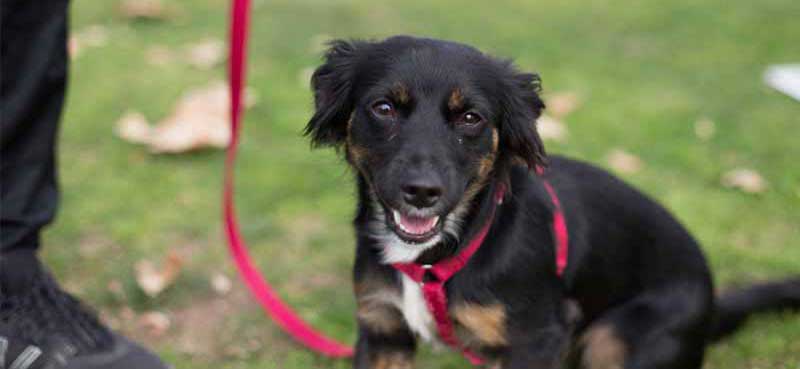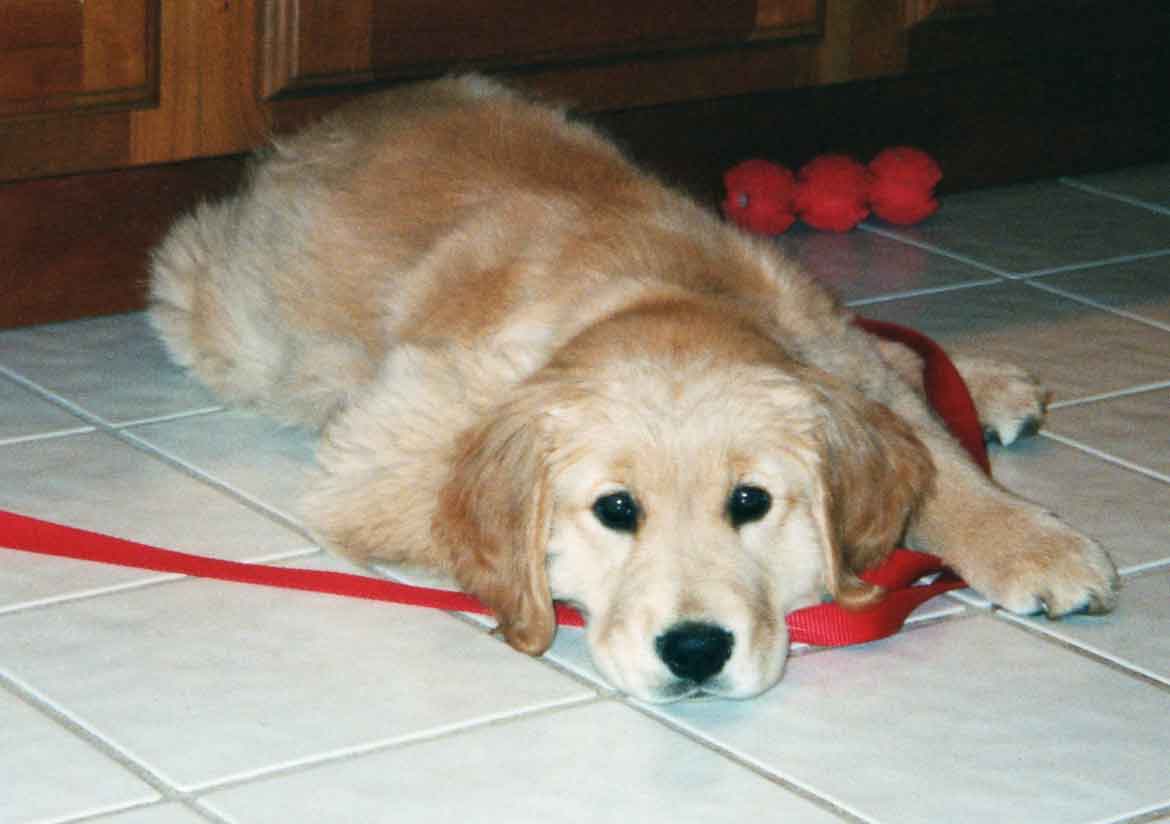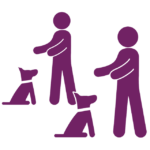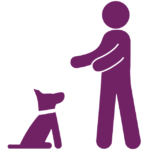Atypical Canine Infectious Respiratory Disease, A New Dog Disease On The Rise
First, a friend told me about a “new” dog disease going around Denver. Then a local client said it had made its way to our area in California. Then, I woke up to an email from my Vet, Dr. K. Nassi. Especially with the busy holiday season upon us, I wanted to share what he wrote with you since several states are reporting cases and unfortunately some fatalities.
“Dear Dog Owners:
Over the past several weeks, Los Angeles Veterinary Public Health Program (VPH) has received multiple reports of dogs experiencing an acute onset respiratory disease of unknown etiology. Similar outbreaks have recently been described in both Oregon and Colorado. There are news reports of similar outbreaks in dogs other states over the past two years.
A veterinarian in the San Fernando Valley recently reported seeing several dogs with cough and pneumonia that was not responsive to treatment. In September, there were reports of outbreaks of dogs with moderate respiratory signs and negative PCR respiratory panels in the Malibu, Pacific Palisades, and El Segundo area associated primarily with boarding and day care facilities. Canine Respiratory panel PCR testing and additional testing for avian influenza and well as SARS-CoV-2 were negative. The outbreak appeared to stop, and a cause was not determined. Clinical signs were mostly mild to moderate with a few severe cases.
In Oregon and Colorado in recent weeks, there are reports of dogs becoming ill with respiratory disease of an unknown cause, primarily after visits to group settings for dogs. Coughing and other clinical signs in some cases last for several weeks. In other cases, dogs become ill rapidly, needing hospitalization.
So far during these outbreaks, there are no reports of similar illness in other animal species or in humans.
Cases of Atypical Canine Infectious Respiratory Diseases (aCIRD) is currently defined as the canine respiratory PCR test panel on the dog being negative, PLUS the dog having one of the following clinical scenarios:
- Chronic mild-moderate tracheobronchitis with a prolonged duration (6-8 weeks or longer) that is minimally or not responsive to antibiotics.
- Chronic pneumonia that is minimally or not responsive to antibiotics
- Acute pneumonia rapidly becomes severe and often leads to poor outcomes in as little as 24-36 hours.
Suggestions:
- Isolate sick dogs at home for 28 days part the first onset of illness, minimum, and isolate them when hospitalized.
- Quarantine exposed dogs at home for 14 days to monitor them for clinical signs.
- Maximize ventilation.
- Remind dog owners to keep their dog home, away from day care, boarding kennels, grooming facilities, and dogs parks, if their dog is ill for any reason.
It is highly suggested to keep dogs away from dog parks, boarding and day cares for now until this new outbreak resolves.”





